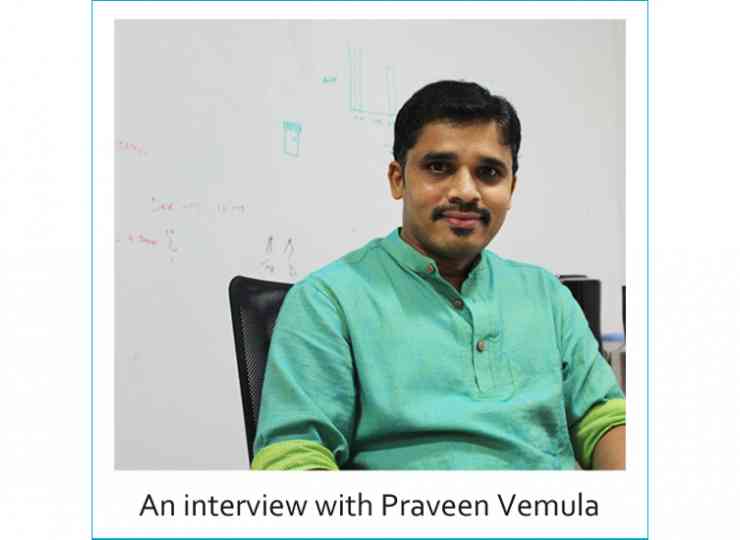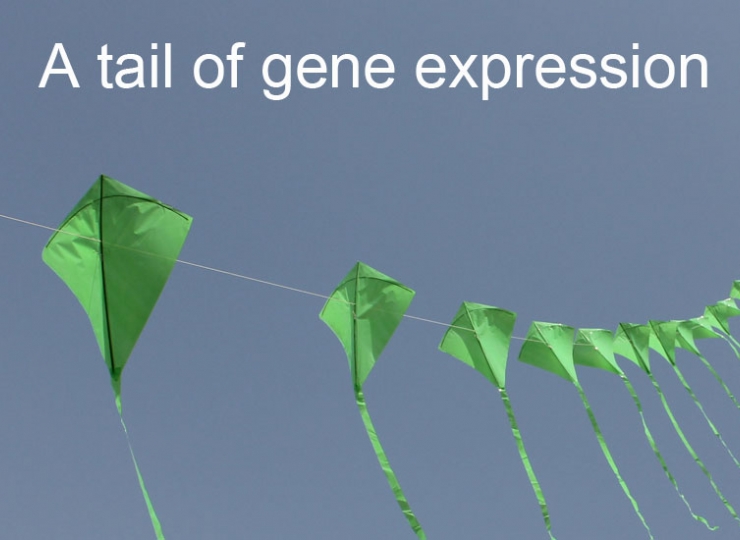Why are cancers so difficult to treat despite the development of potent chemotherapeutic interventions? The persistence of cancers arises from the ability of tumours to evade conventional anti-cancer therapies. This characteristic of cancers is attributed to the presence of cancer stem cells within a tumour. Cancerous tumours contain several types of cells, a small subset of which are cancer stem cells that play an oversized role in cancer growth and recurrence. These cells have the capacity for self-renewal (giving rise to new cancer stem cells) and differentiation (giving rise to other cell types), which can enable the initiation, maintenance, and progression of cancer. Cancer stem cells persist in tumours and cause relapse and metastasis, and many hypothesize that targeting these cancer stem cells would be an effective treatment to destroy the tumour with minimal chances of recurrence.
Effective targeting of cancer stem cells requires the understanding of how the cancer stem cell population is maintained within the tumour. Recently, researchers at Colin Jamora Lab at the Institute for Stem Cell Science and Regenerative Medicine (DBT-inStem) have discovered that a protein called Mindin is released from the stem cells in a type of skin cancer called squamous cell carcinoma that is important to maintain these cancer stem cells. What surprised the researchers was that blocking Mindin not only cripples the cancer stem cells but blocks tumour growth as well.

Importantly, they also showed that increased expression of Mindin is exclusive to cancer cells. The head of the laboratory, Professor Colin Jamora, noted “since blocking Mindin only had an effect on the cancer cells and not on normal healthy tissue, we are now pursuing methods to specifically target this protein to attack the cancer but leave normal cells alone”.
“This work addresses a fundamental question in cancer biology, namely, how and why only a limited number of cells (cancer stem cells) are maintained in their stem cell state amongst a sea of non-stem cells within the tumour mass. Identifying this mechanism and the molecules involved in this process has uncovered a potential therapeutic target to eliminate cancer stem cells in skin tumours” said the lead author of the paper, Dr. Krithika Badarinath.
While this study focussed on a form of skin cancer, Mindin release is also observed in other forms of aggressive tumours, suggesting that targeting Mindin could potentially be exploited in treating several types of cancers and tumours in the body.
Reference:
Snail maintains the stem/progenitor state of skin epithelial cells and carcinomas through the autocrine effect of the matricellular protein Mindin
Badarinath, Krithika & Dam, Binita & Kataria, Sunny & Zirmire, Ravindra & Dey, Rakesh & Singh, Randhir & Masoodi, Tafheem & Sambath, Janani & Kumar, Prashanth & Gulyani, Akash & He, You-Wen & Krishna, Sudhir & Jamora, Colin. DOI10.1101/2021.06.26.450022
https://doi.org/10.1016/j.celrep.2022.111390
Publication date: September 20, 2022












